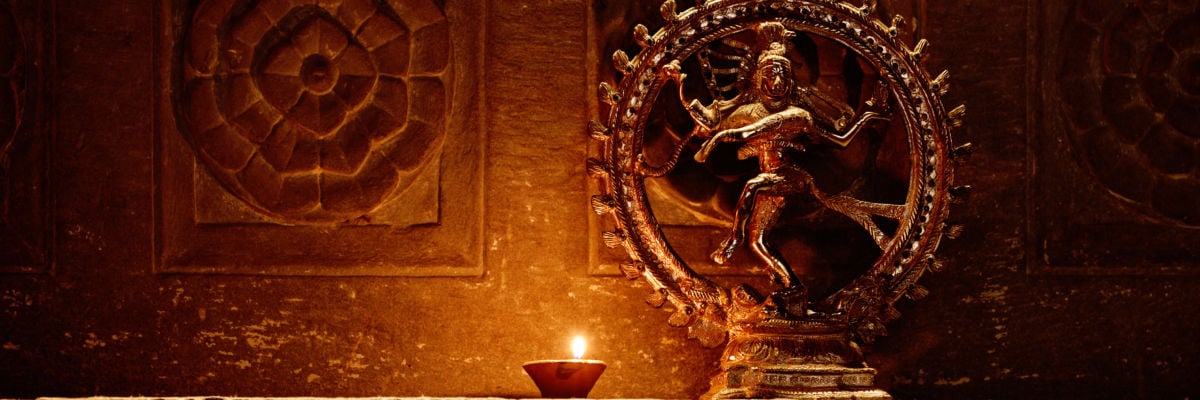
Question:
Answer:
Pantheism is the belief that God is everything and everything is God. Some versions of pantheism aren’t quite this crude, but all tend to be monistic—seeing reality, both God and his creation, as essentially one thing.
Some pantheists say we’re all part of God, since we’re all part of the universe which is God. Others see the universe as the embodiment of the divine essence. In either case individual existence is illusory, since all that is is one.
This reduction of everything to a sort of divine cosmic soup means than fundamental reality (God) is ultimately impersonal. The distinction between persons and things is discarded.
On the psychological level, if the essential distinction between God and his creation is abolished, then you and I are God. We can, in effect, create our own reality.
If this is so, then whatever problems exist in the world are, in the final analysis, self-inflicted, either because we are God and have forgotten it or we’re all one and don’t know it. From the Christian perspective, this is just a repetition of the serpent’s promise to Eve (Gn 3:5).
Eastern religions like Hinduism are pantheistic. The New Age movement, to the extent it’s a Westernized version of Eastern religion, is also pantheistic.


